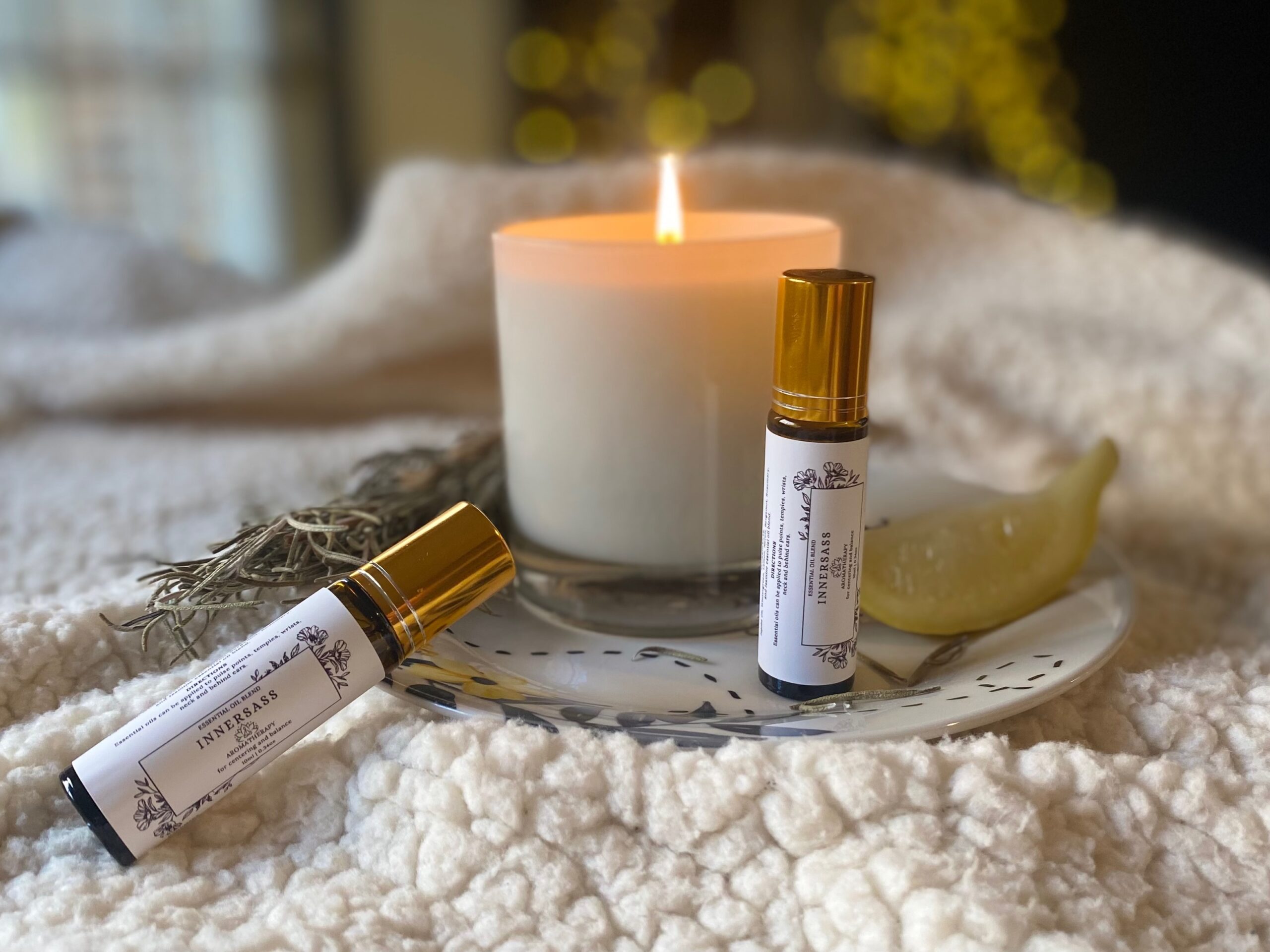The History of Essential Oils
In the quest for natural remedies and holistic health practices, essential oils have become a popular choice for many. But did you know that the history of aromatherapy dates back to prehistoric times over 6,000 years ago? As early as 4500BC, Ancient Egyptians used aromatic oils in their cosmetics and ointments. The recorded history from Ancient China and India have documented over 700 different substances used for healing. Extracted from plants, these concentrated oils capture the essence of nature’s healing properties and offer a range of benefits for physical, mental, and emotional well-being. Let’s explore the health benefits of essential oils (EOs) and how incorporating them into your daily routine can support your overall wellness.
1. Stress Reduction and Relaxation
One of the most common uses of essential oils is for stress relief. Aromatherapy—the practice of using essential oils for therapeutic benefits—can help calm the mind and promote relaxation. Oils like lavender, chamomile, and bergamot are known for their soothing properties. Diffusing these oils or adding a few drops to a warm bath can help reduce stress levels and improve your mood.
How to Use: Add a few drops of lavender or peppermint oil to a diffuser or mix it with a carrier oil for a calming massage. You can also inhale the aroma directly from the bottle for quick relief.
2. Improved Sleep Quality
Struggling with insomnia or restless nights? Essential oils like lavender, cedarwood, and ylang-ylang are natural sleep aids. Their calming scents can help prepare your mind and body for a restful night’s sleep.
How to Use: Apply diluted essential oil to your pillow, bed sheets, or pulse points before bedtime. Alternatively, diffuse sleep-inducing oils in your bedroom for a tranquil environment.
3. Enhanced Respiratory Health
Essential oils like eucalyptus, peppermint, and tea tree are excellent for supporting respiratory health. Their anti-inflammatory and antimicrobial properties can help clear nasal passages, reduce congestion, and ease breathing difficulties.
How to Use: Add a few drops of eucalyptus oil to a bowl of hot water, cover your head with a towel, and inhale the steam. You can also use a diffuser or apply diluted oil to your chest for similar benefits.
4. Boosted Immune System
Many essential oils have antibacterial, antiviral, and antifungal properties that can help strengthen your immune system. Oils like oregano, tea tree, and lemon are particularly effective at warding off illness and supporting overall health.
How to Use: Create a DIY hand sanitizer with tea tree oil or diffuse immune-boosting oils in your home. You can also mix them with a carrier oil and apply them to the soles of your feet for systemic support.
5. Pain and Inflammation Relief
Essential oils can also be used to alleviate pain and reduce inflammation. Oils like peppermint, frankincense, and ginger are popular for soothing muscle aches, joint pain, and headaches. In fact, frankincense has been well documented in recent years for it’s anti-cancer properties and ability to either suppress or kill various cancer cells.
How to Use: Dilute essential oil with a carrier oil and massage it into the affected area. For headaches, apply a small amount of peppermint oil to your temples and the back of your neck.
6. Improved Focus and Energy
Need a mental boost? Essential oils like rosemary, lemon, and peppermint can enhance focus, clarity, and energy levels. These oils stimulate the mind and help combat fatigue.
How to Use: Diffuse energizing oils in your workspace or inhale them directly for a quick pick-me-up. You can also mix them with a carrier oil and apply them to your wrists or temples.
7. Skincare Benefits
Many essential oils offer incredible benefits for your skin. They can help reduce the appearance of scars and blemishes, and reverse the signs of aging by moisturizing the skin and combatting dark spots. Tea tree oil is especially well known for its acne-fighting properties, while rose and geranium oils are great for hydrating and rejuvenating the skin. It’s no wonder so many cosmetic companies add these oils to their products.
How to Use: Add a drop of essential oil to your moisturizer or create a DIY face serum by mixing it with a carrier oil like jojoba or almond oil. Always perform a patch test before applying any essential oil to your skin. Most citrus oils, can greatly increase photosensitivity so it’s best to use these oils at night and avoid direct sunlight or UV light for at least 12 hours.
8. Emotional Balance
Essential oils can play a significant role in emotional well-being. Their varying effects on the brain and nervous system are well studied. Scents like citrus (orange, lemon, and grapefruit) are uplifting, while oils like sandalwood and patchouli are grounding and help promote emotional stability.
How to Use: Use a diffuser bracelet or necklace to carry the scent with you throughout the day. Or keep your favorite blend in a roller bottle to enjoy wherever you are.
Final Thoughts
Incorporating essential oils into your daily routine can be a simple yet powerful way to support your health and well-being. Whether you’re seeking stress relief, better sleep, or improved focus, there’s likely an essential oil to meet your needs. Nature has provided us with these incredible tools—it’s up to us to use them wisely and reap their benefits.
While essential oils offer numerous health benefits, it’s important to use them safely. Always dilute essential oils with a carrier oil like Jojoba or Almond oil before applying them to your skin, and consult a healthcare professional if you’re pregnant, nursing, or have any underlying medical conditions. Ingesting EOs is generally NOT RECOMMENDED as they are highly concentrated and can be toxic. Always follow the instructions on the product label carefully.





